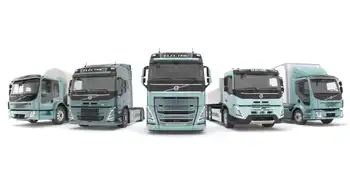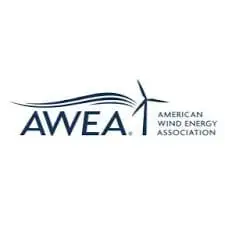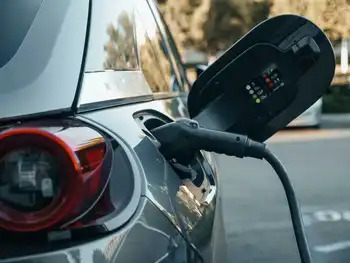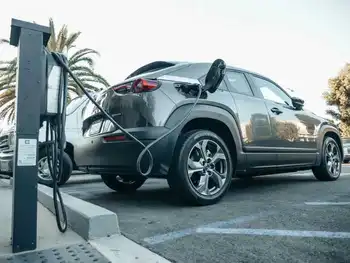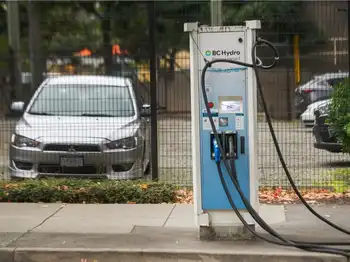U.S. to work with allies to secure electric vehicle metals
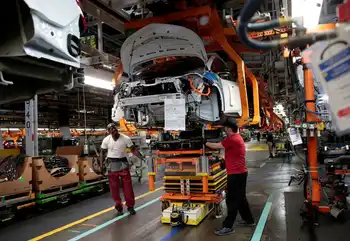
Protective Relay Training - Basic
Our customized live online or in‑person group training can be delivered to your staff at your location.

- Live Online
- 12 hours Instructor-led
- Group Training Available
US EV Battery Minerals Strategy prioritizes critical minerals with allies, lithium and copper sourcing, battery recycling, and domestic processing, leveraging the Development Finance Corporation to strengthen EV supply chains and reduce reliance on China.
Key Points
A US plan to secure critical minerals with allies, boost recycling, and expand domestic processing for EV batteries.
✅ DFC financing for allied lithium and copper projects
✅ Battery recycling to diversify critical mineral supply
✅ Domestic processing with strong environmental standards
The United States must work with allies to secure the minerals needed for electric vehicle batteries, addressing pressures on cobalt reserves that could influence supply, and process them domestically in light of environmental and other competing interests, the White House said on Tuesday.
The strategy, first reported by Reuters in late May, will include new funding to expand international investments in electric vehicles (EV) metal projects through the U.S. Development Finance Corporation, as well as new efforts to boost supply from EV battery recycling initiatives.
The U.S. has been working to secure minerals from allied countries, including Canada and Finland, with projects such as Alberta lithium development showing potential. The 250-page report outlining policy recommendations mentioned large lithium supplies in Chile and Australia, the world's two largest producers of the white battery metal.
President Joe Biden's administration will also launch a working group to identify where minerals used in EV batteries and other technologies can be produced and processed domestically.
Securing enough copper, lithium and other raw materials to make EV batteries, amid lithium supply concerns heightened by recent disruptions, is a major obstacle to Biden’s aggressive EV adoption plans, with domestic mines facing extensive regulatory hurdles and environmental opposition.
The White House acknowledged China's role as the world's largest processor of EV metals and said it would expand efforts, including a 100% EV tariff on certain imports, to lessen that dependency.
"The United States cannot and does not need to mine and process all critical battery inputs at home. It can and should work with allies and partners to expand global production and to ensure secure global supplies," it said in the report.
The White House also said the Department of the Interior and others agencies will work to identify gaps in mine permitting laws to ensure any new production "meets strong standards" in terms of both the environment and community input.
The report noted Native American opposition to Lithium Americas Corp's (LAC.TO) Thacker Pass lithium project in Nevada, as well as plans by automaker Tesla Inc (TSLA.O) to produce its own lithium.
The steps come after Biden, who has made fighting climate change and competing with China centerpieces of his agenda, ordered a 100-day review of gaps in supply chains in key areas, including EVs.
Democrats are pushing aggressive climate goals, as Canada EV manufacturing accelerates in parallel, to have a majority of U.S.-manufactured cars be electric by 2030 and every car on the road to be electric by 2040.
As part of the recommendations from four executive branch agencies, Biden is being advised to take steps to restore the country's strategic mineral stockpile and expand funding to map the mineral resources available domestically.
Some of those steps would require the support of Congress, where Biden's fellow Democrats have only slim majorities.
The Energy Department already has $17 billion in authority through its Advanced Technology Vehicles Manufacturing Loan program to fund some investments, and is also launching a lithium-battery workforce initiative to build critical skills.
The program’s administrators will focus on financing battery manufacturers and companies that refine, recycle and process critical minerals, the White House said.





